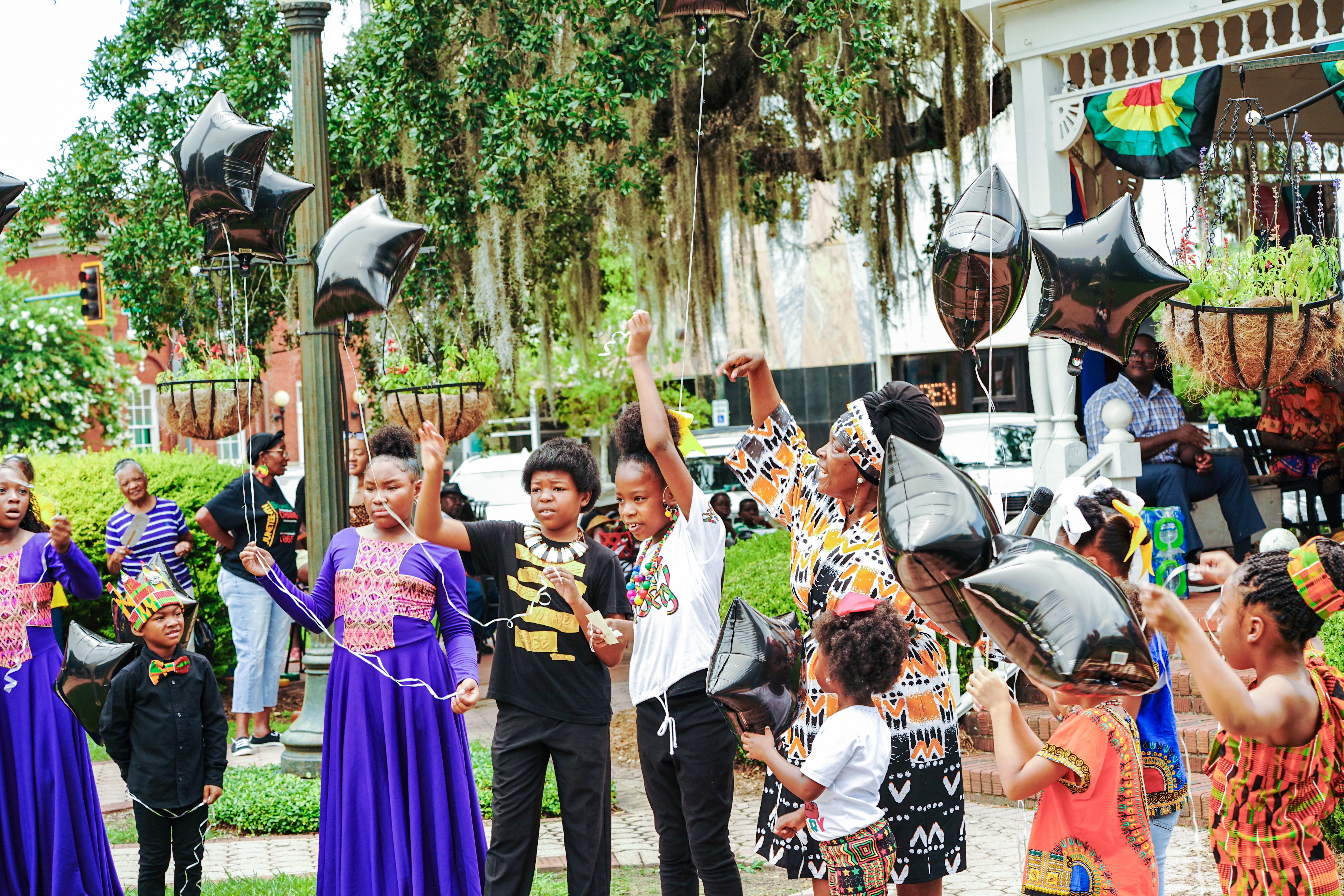BC trees project pays back Mother Nature
Published 7:19 pm Tuesday, February 23, 2010
Bainbridge College’s Student Wellness Center under construction will be a very welcome addition to the college and community when it opens in the fall.
But construction for the 77,000-square-foot facility required removing several dozen pine trees from the lovely “central park” that is the geographic hub of the main campus for the college, whose logo includes pine trees and an oak.
That loss to nature concerned Associate Professor of Political Science John Vanzo, who sponsors the college’s Social Science Club. Together he and the students developed a project to “pay back Mother Nature” to ensure there would be no net loss to the area’s natural habitat.
Called the “BC Trees Project,” the club worked out a plan to plant new trees to replace those removed for the new facility.
“We got the immediate and strong support of Dr. Tom Wilkerson, our college president,” Vanzo said. “But there were a number of technical details that ended up being a lot more challenging than we thought.”
The first problem was cost. In an era of tight budgets, it was extremely difficult to find funds to pay commercial nursery prices. The solution was found with Georgia Forestry Commission’s seedling program that provides young trees to the public for the purposes of reforestation, beautification and restoration of wildlife habitat.
The Commission’s Flint River Nursery near Byromville grows an incredible 15 million to 20 million tree seedlings annually. The seedlings, predominantly pines and hardwoods, are then offered to the public at very low prices.
Another problem was space. There simply wasn’t enough empty acreage available on campus to replace all the felled trees.
Matt Roach, a state forester in the Forestry Commission’s Camilla office, spent an afternoon on campus assessing which tree species were suitable for which planting areas.
He concluded that, rather than replacing the lost pines one-for-one, the best strategy would be to plant fewer trees of specific varieties that would enhance the area’s food value to wildlife.
With grounds keeping help provided by BC Plant Operations Director Leonard Dean and his team, the students planted dozens of tree seedlings in the schools’ nature trail area and the campus periphery. The seedlings included white oak, bald cypress, wild plum, persimmon, crab apple and date palms. In time, the trees will provide a rich bounty of food to wildlife.
“Back in the old days, the woods used to be filled with fox squirrels, deer and wild turkeys,” Dean said. “Then all the development in the area chased them away. My crew and I are happy to do anything we can to repay this debt we owe to Mother Nature.”
Students who participated in the planting program will not only have the personal satisfaction of having helped restore the local environment but also will become eligible to attend a Social Science Club field trip to Providence Canyon later this semester.
“It’s really a win-win situation for everyone involved,” Vanzo said. “The Bainbridge College campus is beautified, wildlife gets nourished, and students learn a valuable lesson in community service.”
The BC Social Science Club, which currently has 18 members, is chartered to promote the awareness, active interest and personal involvement of students in all areas of social science, including sociology, psychology, economics and human geography.





